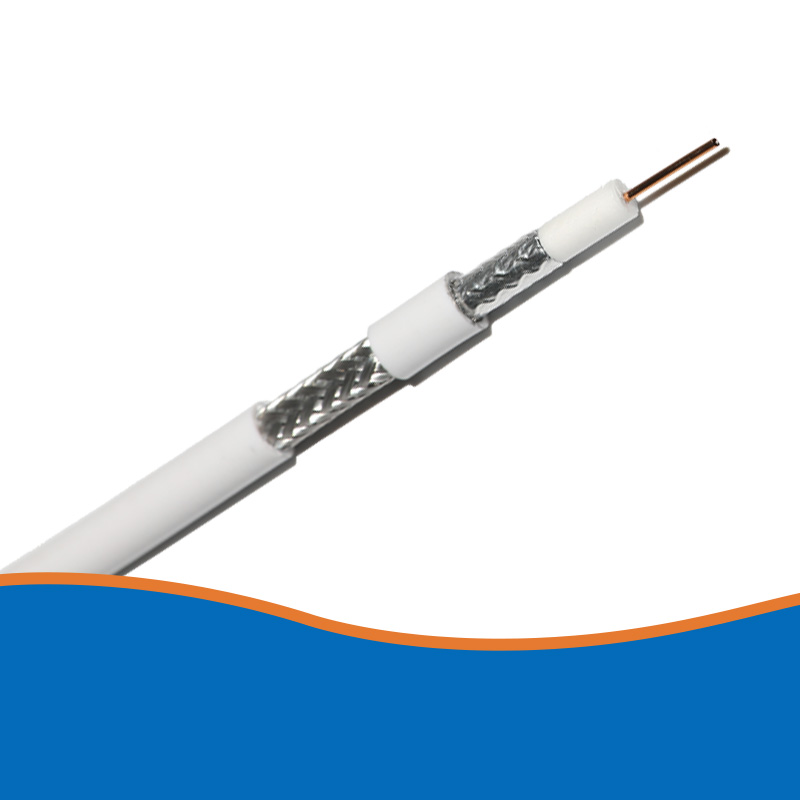Aluminum wire and copper wire basically have the follow […]
Aluminum wire and copper wire basically have the following differences
1. The cut-off flow of copper wire and aluminum wire is different;
2. Aluminum wire is relatively cheap;
3. Aluminum wire is lighter in quality;
4. The mechanical strength of aluminum wire is poor;
5. The aluminum wire is extremely easy to oxidize at the end of the connection line, and the temperature rises after the end of the connection line is oxidized
6. The internal resistance of the copper wire is small. Aluminum wire has greater internal resistance than copper wire, but it dissipates heat faster than copper wire. Mainly because of different current carrying capacity and different mechanical strength. The resistivity of copper is 0.017 and aluminum is 0.029. So the current carrying capacity of aluminum is about 80% of copper. The mechanical strength of copper is also much better.
Comparison of the advantages and disadvantages of copper core cables and aluminum cables
1. Low resistivity of copper core cable: the resistivity of aluminum core cable is about 1.68 times higher than that of copper core cable;
2. Copper core cable has good ductility;
3. High strength of copper core cable: the allowable stress at room temperature is 20 for copper and 15.6kgt/mm2 for aluminum;
4. Anti-fatigue of copper core cable: aluminum material is easy to break due to repeated bending, while copper is not easy;
5. The copper core cable has good stability and corrosion resistance: the copper core is resistant to oxidation and corrosion, while the aluminum core is susceptible to oxidation and corrosion.
(1) When selecting wires and cables, consider the use, laying conditions and safety;
For example, according to different uses, power cables, overhead insulated cables, control cables, etc. can be selected;
(2) According to different laying conditions, general plastic insulated cables, steel tape armored cables, steel wire armored cables, anticorrosive cables, etc. can be selected;
(3) According to safety requirements, non-flammable cables, flame-retardant cables, halogen-free flame-retardant cables, fire-resistant cables, etc. can be selected.
Selection of wire and cable specifications
1. When determining the use specifications of wires and cables (conductor cross-sections), the selection conditions such as heat generation, voltage loss, economic current density, and mechanical strength should generally be considered;
2. According to experience, the low-voltage power line has a large load current, so generally select the cross section according to the heating condition first, and then check the voltage loss;
3. Mechanical strength: Because of the high voltage level requirements of the low-voltage lighting line, the section can be selected according to the allowable voltage loss condition, and then the heating condition and mechanical strength can be checked;
4. Although aluminum core cables are cheap and cheap, copper cables have outstanding advantages in cable power supply, especially in the field of underground cable power supply. The underground power supply using copper core cables has the characteristics of low accident rate, corrosion resistance, high reliability, and convenient construction and maintenance.
